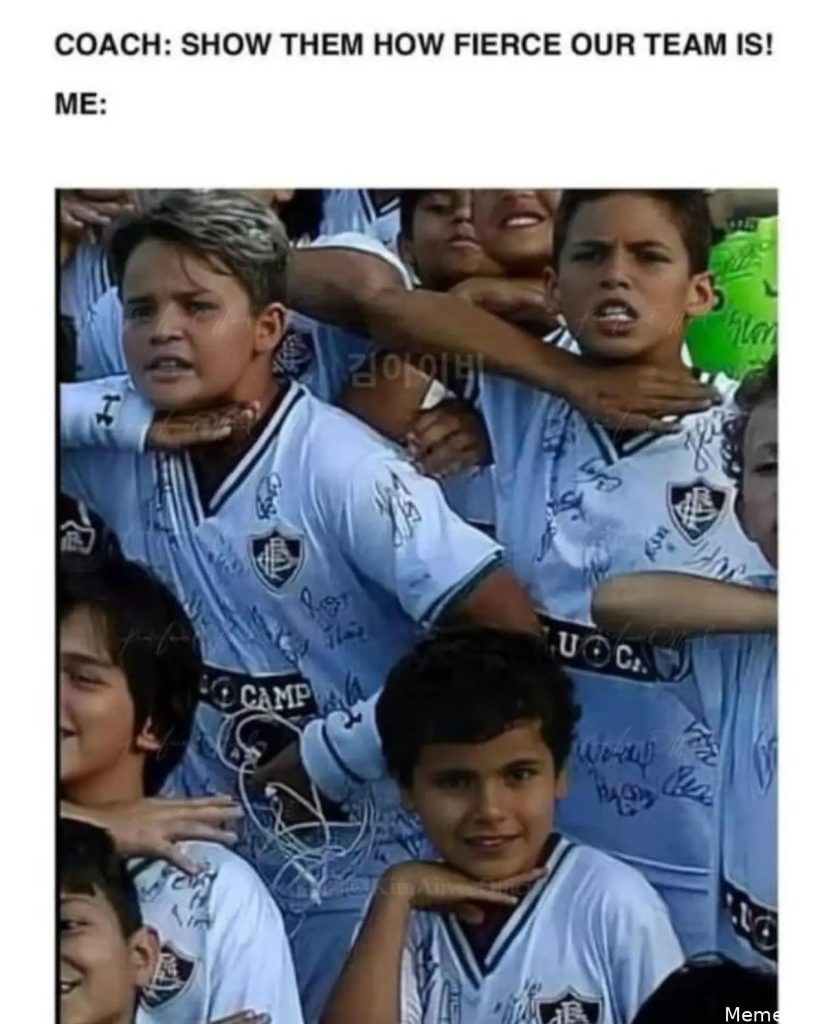AITA for yelling and screaming that I wished my grandpa would have cancer?
 Image credit: Pixabay (This is example image – Not the actual photo)
Image credit: Pixabay (This is example image – Not the actual photo)
When Family Expectations Clash with Personal Trauma
A young woman visiting her grandparents in Korea faces an unexpected confrontation that spirals into a deeply emotional family conflict. After a long journey, a simple greeting turns into a shouting match, revealing long-buried resentments and painful memories. As she grapples with her grandfather’s harsh words about her past illness, she questions the dynamics of family loyalty and respect. This story resonates with anyone who has navigated the complexities of familial relationships, especially when cultural expectations collide with personal experiences.
Family Drama Over Miscommunication
A young woman, 18 years old, shares her experience of a family conflict during a visit to her grandparents in Korea. The situation escalated quickly, leading to emotional turmoil and strained relationships.
- Background: The young woman lives abroad and visits her grandparents in Korea every school break. This time, she arrived late at night, exhausted from her travels.
- Initial Greeting: Upon entering her grandparents’ home, she offered a formal greeting, bowing and saying hello. After placing her luggage aside, she laid down on the couch for a quick nap.
- Unexpected Outburst: Her grandfather suddenly shouted at her, accusing her of disrespect and failing to greet him properly. This reaction shocked her, leaving her frozen in disbelief.
- Family Intervention: Her mother rushed in to diffuse the situation, attempting to clarify that the young woman had indeed greeted her grandfather, but he seemed to have missed it.
- Emotional Response: Feeling upset and embarrassed in front of her family, the young woman began to tear up, asserting that she had greeted him. Overwhelmed, she left the room and locked herself in a closet to cry.
- Past Trauma: In the closet, she confided in her mother about her grandfather’s hurtful comments from previous visits. He had brought up her childhood cancer and how it affected her parents financially, which she found irrelevant and painful.
- Escalation of Anger: As she expressed her feelings, her anger peaked, and she shouted that she wished her grandfather would experience cancer to understand the pain of his words. Although she was in a separate room, her voice likely reached the living room.
- Ongoing Tension: Since the incident, she has been avoiding her grandfather, feeling hurt and misunderstood.
This situation highlights the complexities of family dynamics and the potential for miscommunication to escalate into significant conflict. The young woman grapples with feelings of disrespect and past trauma, raising questions about conflict resolution within families, especially during emotionally charged moments like family gatherings.
This is Original story from Reddit
 Image credit: Pixabay (This is example image – Not the actual photo)
Image credit: Pixabay (This is example image – Not the actual photo)
Story
I18F live in a different country from my grandparents. They live in Korea while I live abroad, and every school break, I would visit Korea and stay at their house. This break, as I always do, visited Korea and went to their house.
We arrived in Korea at midnight and were exhausted. As I opened the door, I bowed a formal greeting to a person older than me and said “hello” but formally. Then, after leaving my suitcases aside, I lay on the couch to take a quick power nap.
But then suddenly, my grandfather shouted, “HEY!”. Surprised, I stood up and sat down. Then he started to lash out at me and yelled things like, “Do you have no respect!” and “Why don’t you greet us!”.
I was so shocked and flabbergasted that I froze. After my mom heard my grandfather shouting, she came rushing to me to figure out what happened. My mom tried to break the tension by laughing and saying, “She did say hello; I just think you didn’t hear it.”
After a while, I started to realize how upset I was at the situation and started to tear up as I said, “I did greet you.” Also, since it was in front of all of my family members, I felt more upset. I left the living room while bawling my eyes out and locked myself in the closet room.
My mom came into the closet room and started to talk to me about it. As I talked about it, my anger reached its peak, and I started to scream, cry, and bring up things that he said in the past. Last year, when I visited Korea, I got COVID and lost my taste buds.
So naturally, I would eat less than before. I’m not sure what made him so upset and mad, but he started to bring up my cancer that I had when I was a child and how, because of me, my parents had to suffer and lost so much money. I don’t know how that was relevant and why he decided to scold me about it now when I got cured years ago, but obviously, I got upset.
Also, around two years ago, he all of a sudden started to scold me about how I was sick and how it affected my parents and family, claiming that my family living apart was my fault. My family used to all live abroad, but after I got sick, my mom and I moved to Korea, and so we lived apart for a few years.
Coming back to the present, I started talking about how he said those things to me, and I shouted, “I wished he would get cancer and experience how it feels to be told those things in front of your face.” Even though I shouted this in a separate room, it probably reached the living room where he was. As my anger elevated, I started to say that line again and again a few times before I calmed down.
I have been avoiding my grandfather ever since. AITA?
View the Original Reddit Post Here
Summary of Reddit Comments
The top Reddit comments indicate a strong consensus that the original poster (OP) is not the asshole (NTA) for wishing cancer on their verbally abusive grandfather. Many users empathize with OP’s emotional response to the grandfather’s cruel remarks, emphasizing that his lack of empathy and abusive behavior justifies OP’s outburst. Additionally, commenters highlight the importance of understanding cultural dynamics and suggest that OP should seek support from their parents to navigate the situation.
Verdict: NTA
Expert Advice for Resolving Family Conflict
Family conflicts can be emotionally charged and complex, especially when past traumas and cultural dynamics are involved. Here are some practical steps for both the young woman (OP) and her grandfather to help resolve the situation and foster healthier communication moving forward.
For the Young Woman (OP)
- Reflect on Your Emotions: Take some time to process your feelings about the incident. Journaling can be a helpful way to articulate your thoughts and understand your emotional triggers.
- Communicate with Your Parents: Share your feelings with your parents, especially your mother, who intervened during the conflict. Discussing your emotions can help them understand your perspective and provide support.
- Consider a Calm Conversation: When you feel ready, consider having a calm conversation with your grandfather. Express how his comments have affected you in the past and how the recent incident made you feel. Use “I” statements to avoid sounding accusatory (e.g., “I felt hurt when…”).
- Set Boundaries: If your grandfather’s comments continue to be hurtful, it’s important to set boundaries. Let him know what topics are off-limits and that you expect respect in your interactions.
- Seek Support: If you find it difficult to navigate these emotions alone, consider talking to a therapist or counselor. They can provide strategies for coping with family dynamics and past trauma.
For the Grandfather
- Self-Reflection: Encourage your grandfather to reflect on his behavior and the impact of his words. Understanding how his comments affect others can lead to personal growth.
- Apologize and Acknowledge Feelings: If he recognizes that his words were hurtful, an apology can go a long way. Acknowledging the young woman’s feelings can help mend the relationship.
- Practice Empathy: Encourage him to consider how he would feel if he were in the young woman’s shoes. Developing empathy can help him communicate more respectfully in the future.
- Engage in Open Dialogue: Suggest that he engage in open conversations with family members about their feelings. This can create a more supportive environment and reduce misunderstandings.
- Seek Guidance: If he struggles with communication, he might benefit from family counseling or workshops focused on improving interpersonal skills.
Conclusion
Conflict resolution within families requires patience, understanding, and a willingness to communicate openly. By taking these steps, both the young woman and her grandfather can work towards healing their relationship and fostering a more respectful and supportive family dynamic.
Join the Discussion
 Image credit: Pixabay (This is example image – Not the actual photo)
Image credit: Pixabay (This is example image – Not the actual photo)
What do you think? Would you have handled this differently?
Share your thoughts below! Vote: Do you agree with Reddit’s verdict?














